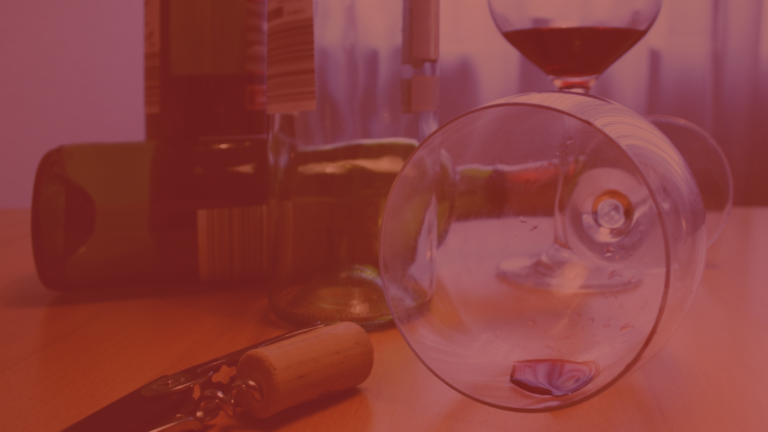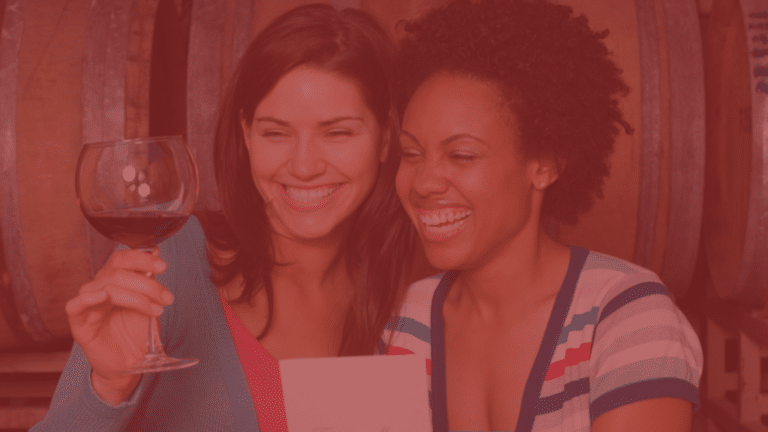
Your Wine as Conscientious Consumption
2020 proved to be the year of profound and lasting changes to all aspects of our economy, not just our beloved wine industry. And many changes that were already taking place were only accelerated by the pandemic. E-commerce grew at breakneck speed as retail outlets in all economic sectors drastically reduced capacity or shut down altogether. But it’s not just the method by which we are purchasing our wine or other goods that has transformed. Our values have also evolved in the recent years with an apparent acceleration since the virus took hold What is Conscientious Consumption? We have experienced a shift in our buying priorities in the last two decades as we choose to buy things that we feel are better for our bodies, communities, and the planet. What some experts have called “conscientious consumption” has grown as a value, as concerns about climate change, social justice, and economic equity become prevalent and urgent. Our desire to “do good” when we spend our money has butted up against traditional conspicuous consumption behaviors. And during the pandemic it’s naturally inappropriate and irresponsible to spend in flashy or vacuous ways as so many struggle during this time. In a recent article, Forbes predicted this restraint will continue well into 2021 and may result in an end to “social-status signaling” especially for luxury goods. What can wine and spirits do to address these habits? The wine industry had been lagging in its ability to communicate with emerging segments of wine consumers and address changes in wine lover priorities even before COVID changed our lives. And minority populations have largely been ignored by the industry despite the fact that our combined community represents a third of the wine-buying population, according to Nielsen and other analysts. Impacts of the pandemic brought this disconnect into


